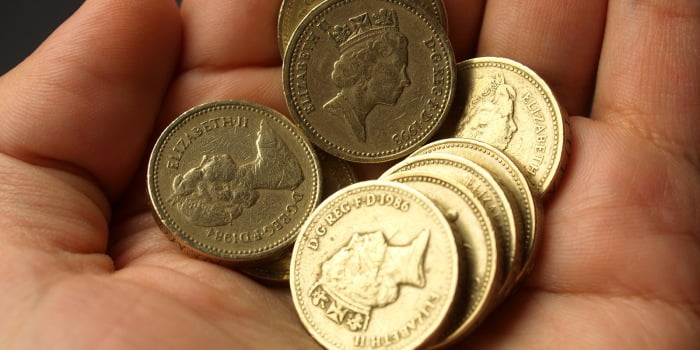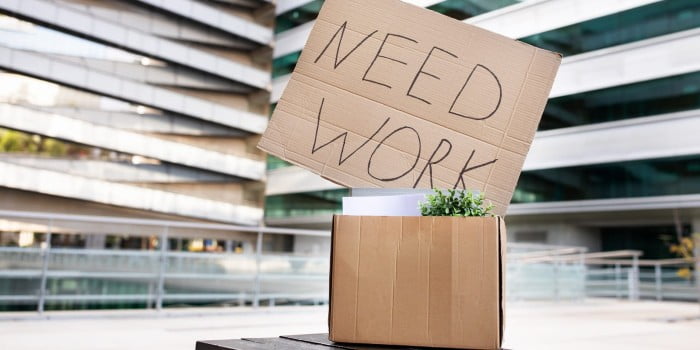According to the recent figures published by the House of Commons, the use of cash for payments has gone down, setting us on a path to a cash-free society.
Since 2015, cash payments have steadily been declining. While in this year, only 21 billion payments were cash-free, a year later this rose to 23 billion payments. In 2019, only 9 billion payments were cash payments, with 31 billion other payments.
In 2020, 30 billion payments were cash-free, opposed to 6 billion cash payments, which accounts for only 17% of all payments. The pandemic has accelerated the trend, with online shopping being the only option in many cases during several lockdowns.
How The Pandemic Has Accelerated The Cash-Free Trend
When the first lockdown was introduced back in March 2020, most businesses were forced to close. Many made the move online, which also meant a move to digital payments.
With social-distancing measures in place for most of the past two years, businesses introduced ways for their customers to pay to keep them and staff safe.
These included the option to scan a QR code to order and pay, or ordering and paying via an app or website. And many have kept these options even after Covid restrictions had been lifted.
New technologies and improved payment systems, such as Apply Pay, also help to increase the number of cash-free payments. Especially in the younger generations.
According to a study by Samsung, which was conducted in December 2021, only 14% of people always carry cash. And for the age bracket 18-29 years, it’s only 8%.
Access To Cash Becomes More Difficult
As a result of this trend towards card and mobile payments, more and more banks are closing branches and removing cash machines. Post offices are also becoming more scarce, which means people find it more difficult to access cash.
According to the House of Commons report, between 2012 and 2021 the number of bank and building society branches fell by 34% UK wide.
Equally, between July 2018 and February 2022, the number of cash machines in the UK fell by 20%, with only 12,968 available in the whole of the UK.
To ensure people have access to cash, the Financial Conduct Authority (FCA) has been given new powers over the UK’s largest banks and building societies. The financial regulator will be able to fine them, if they do not provide cash withdrawing and depositing services in all communities across the country.
These new powers have been announced in the Queen’s Speech and are part of the pending Financial Services and Markets Bill.
The Government argued, that cash is the second most frequent payment method in the UK, with 5.4 million people relying on cash in their daily lives. As such, it is vital that people have easy access to cash, despite a trend to cash-free payments.
Millions of people across the UK still rely on cash, particularly those in vulnerable groups, and today we are delivering on our promise to ensure that access to cash is protected in communities across the country.
John Glen, Economic Secretary
So What Should Small Businesses Do?
With customers increasingly choosing to use a cash-free payment method, small businesses are deliberating whether they should turn their backs on notes and coins, as many have already done.
Advantages Of Becoming A Cashless Business
A cash-free business has its benefits. Not handling cash on your business premises will minimise the risk of getting robbed on-site cash.
It will also make it easier for your staff, as they don’t have to handle cash and calculate change. Minimising the risk of errors. This will make your business more efficient.
Most point-of-sale systems are also well designed today and making the purchasing process more convenient for your staff as well as customers.
A cash-free system will also make your accounting processes easier. Because every transaction is recorded, making bookkeeping easier and quicker.
And of course, most customers today expect to be able to pay by card or via their phone. So it will keep your customers happy too.
Disadvantages Of Becoming A Cashless Business
However, forgoing cash altogether does also have its disadvantages. For all these fancy payment systems to work, you need a reliable internet connection. Especially in rural areas, this can be a challenge.
Small businesses should also keep their customer base in mind. With 20% of the UK population being aged 65 and over, you might be putting off customers by not offering cash payments anymore. Because people in this age bracket still rely on cash for their everyday transactions.
And even if your target demographic is younger, a lot of people like to have the option to pay by cash. Taking away this flexibility from your customer, might shrink your customer base.
So while there is a clear trend towards a cash-free society, there are still a lot of good reasons, why small businesses should not yet turn their back on physical money. And the new powers given to the FCA shows, that for now, cash has still an important role in our business world.






